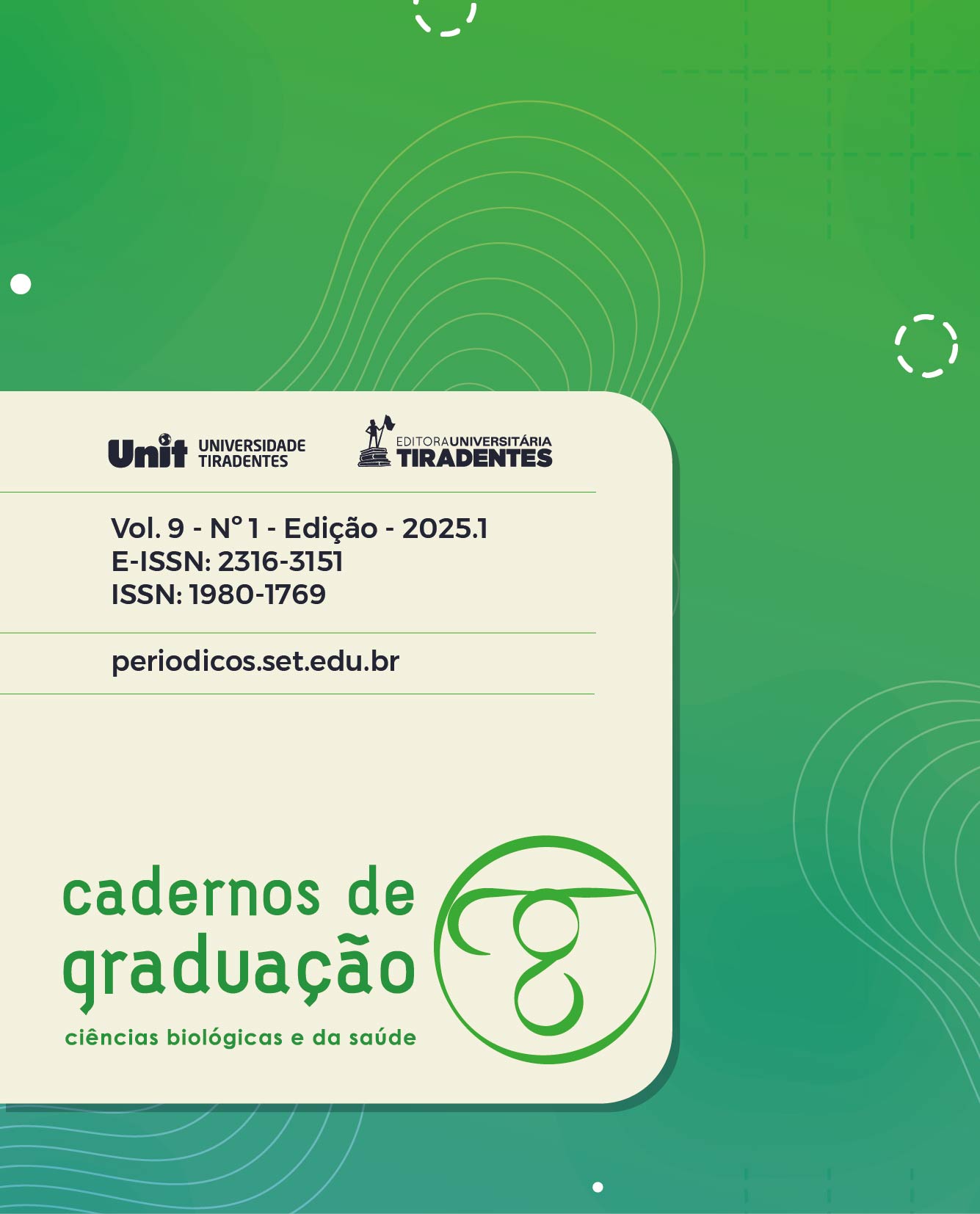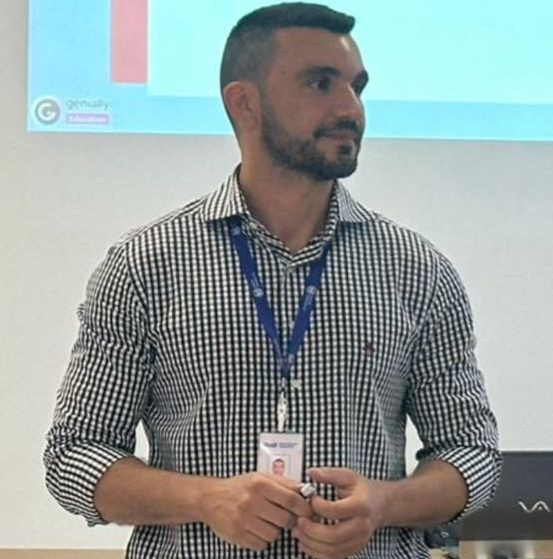Reproductive Health and STI Prevention in Vulnerable Groups
DOI:
https://doi.org/10.17564/2316-3151.2025v9n1p121-133Published
Downloads
Downloads
Issue
Section
License
Copyright (c) 2025 Caderno de Graduação - Ciências Biológicas e da Saúde - UNIT - SERGIPE

This work is licensed under a Creative Commons Attribution-NonCommercial-NoDerivatives 4.0 International License.
Oferece acesso livre e imediato ao seu conteúdo, seguindo o princípio de que disponibilizar gratuitamente o conhecimento científico contribui para a democratização do saber. Assume-se que, ao submeter os originais os autores cedem os direitos de publicação para a revista. O autor(a) reconhece esta como detentor(a) do direito autoral e ele autoriza seu livre uso pelos leitores, podendo ser, além de lido, baixado, copiado, distribuído e impresso, desde quando citada a fonte.
Abstract
According to the World Health Organization (WHO), reproductive health is a state of physical, mental and social well-being related to the reproductive system, including disease prevention and reproductive autonomy. In Brazil, this subject faces taboos, especially due to the historical vulnerability associated with the female gender. The Ministry of Health, through the Unified Health System (SUS), includes reproductive planning in its public policies. This study, conducted by medical students in Aracaju (SE), focused on women aged 23 to 56 assisted by the NGO CrerSer, located in the Aloque community, in the Jabotiana neighborhood. The aim was to address reproductive health and STI prevention in vulnerable groups, highlighting the importance of strategies integrated with the SUS to improve the quality of life of these women. The methodology included theoretical training on contraceptive methods and feminine hygiene, followed by conversation circles with the participants. The results showed that only 20% used condoms and 30% did not use contraceptive methods, highlighting gaps in STI prevention. The study reinforces the need to expand health education and access to resources in order to minimize inequalities and promote female well-being.















